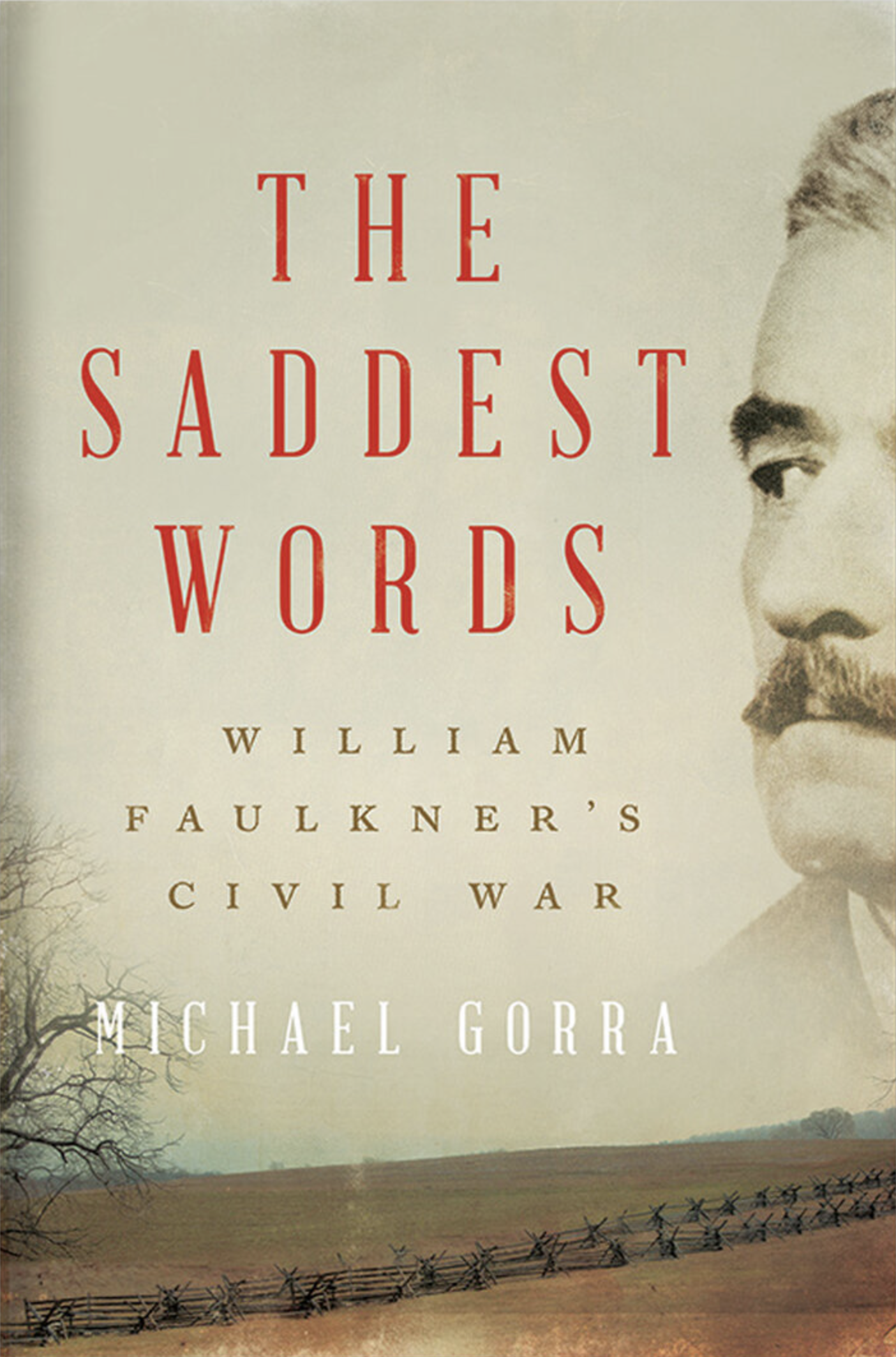In November 1952, the Ford Foundation sent a documentary crew to Oxford, Mississippi, to create a brief portrait of William Faulkner (1897–1962), two years after he received the Nobel Prize for Literature. The resulting film, William Faulkner on His Native Soil, belongs to the unfortunate category of official culture—neither distinguished as a documentary nor penetrating in its portrayal of the setting for much of Faulkner’s work. It holds a certain fascination, however, for its apparent desire, somewhat at the cost of authenticity, to present a man whom the audience can accept.
The film’s scenes seem mostly scripted or re-created from previous events. Faulkner chats affably with black neighbors; he walks the grounds of his home, Rowan Oak; he visits with childhood friends; he is plainspoken and humble. The film is not an argument for Faulkner’s genius but for his common humanity—that is, for a Faulkner who might be our neighbor or someone we meet in the town square. The entire enterprise is as wooden as an eighth-grade production of Our Town, and the folksy Faulkner of the film is an illusion. Or rather: he might be the man who lived, but he is not the man who created. That William Faulkner was as uncompromising, disillusioning, and discomfiting a literary artist as America has ever produced.
Faulkner was always ambivalent about the attention paid to him personally. He told The Paris Review in 1956 that if he could start over, he would write under a pseudonym. Time has borne out his suspicion of publicity. Faulkner’s major period was 1929–42, in which he produced the work that would eventually bring him the Nobel, including The Sound and the Fury, Light in August, and Absalom, Absalom, his most fully realized presentations of the legacy of slavery, the Civil War, and Reconstruction in the South. It is some of Faulkner’s later public statements, when his fame drew him into the fraught public discourse over civil rights, that have haunted his reputation. The novels and stories that were his life’s purpose are now increasingly obscured behind a latticework of grievances—about Faulkner’s relation to the myths of the antebellum South, about Lost Cause revisionism, and about his inconsistent and occasionally offensive statements on race.
Michael Gorra’s The Saddest Words: William Faulkner’s Civil War argues for Faulkner’s genius and his continuing salience as a chronicler of the region of the Deep South known as the Black Belt. A Smith College professor and frequent reviewer in The New York Review of Books, The Times Literary Supplement, and elsewhere, Gorra is an astute Faulkner reader. His book may generate renewed interest in his subject’s notoriously difficult fiction. Even so, in seeking to preserve Faulkner’s reputation, he concedes too much to the writer’s most motivated critics.
